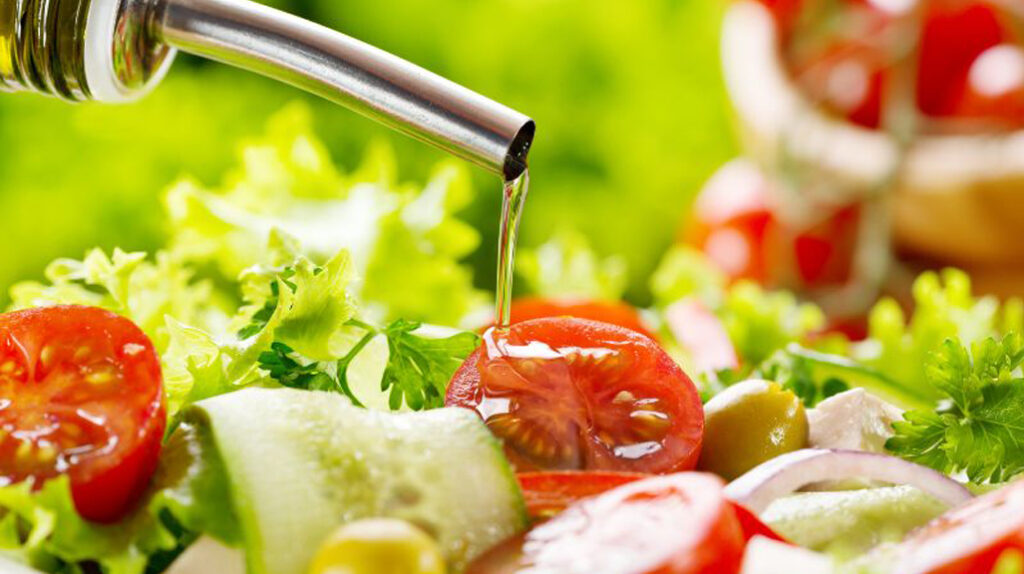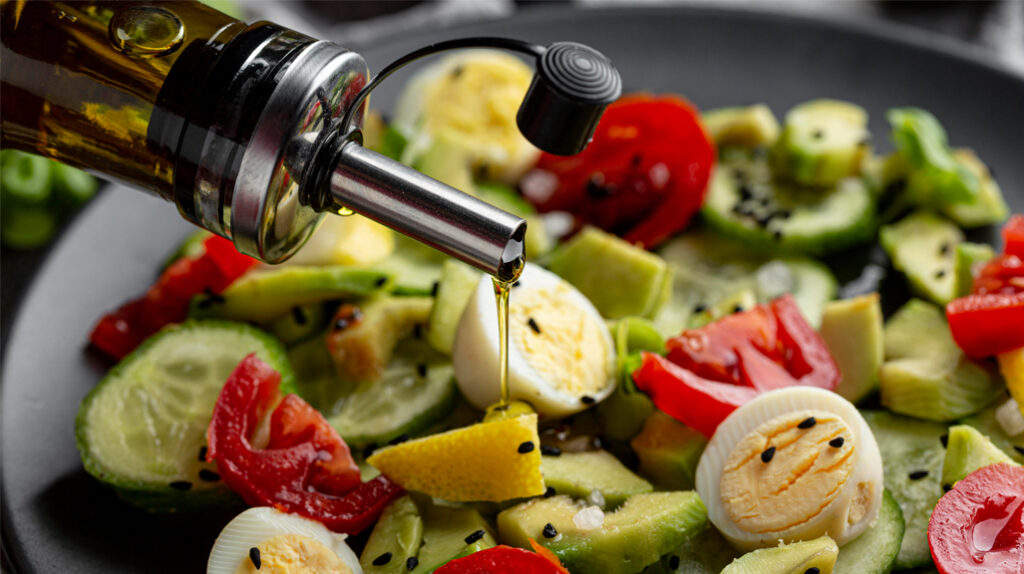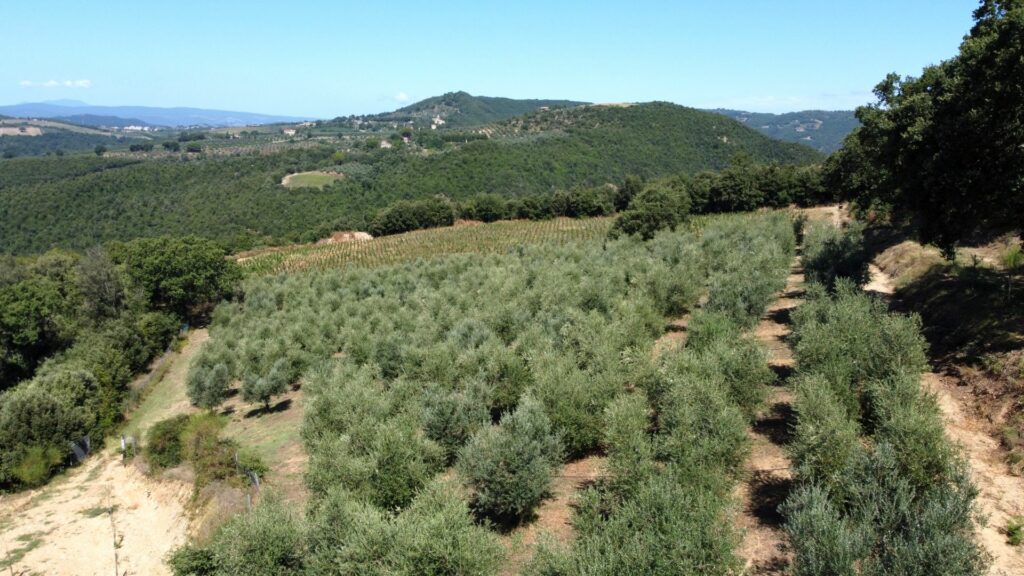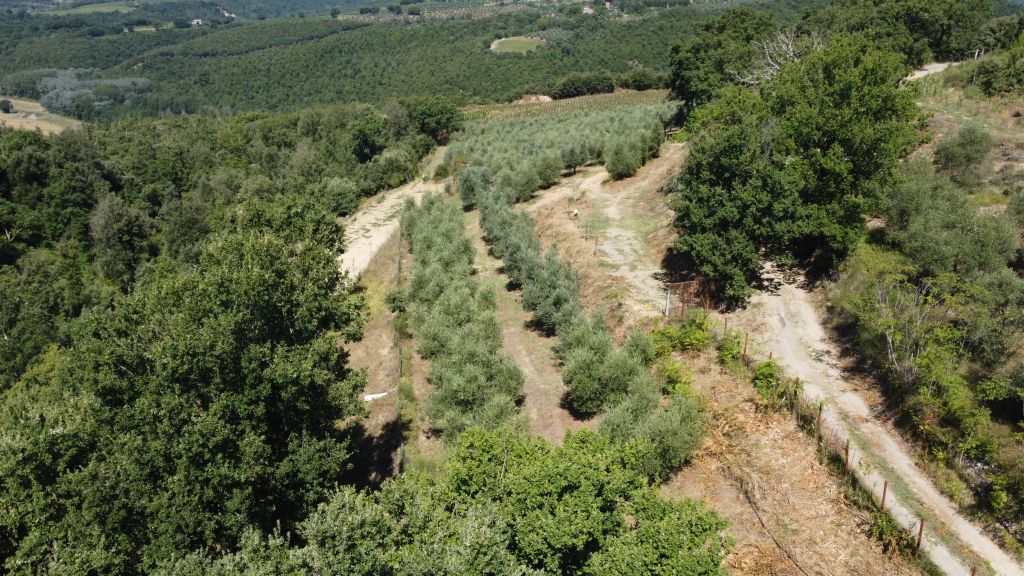A bit of History
In Umbria the cultivation of the olive tree is among the oldest in Italy, given that the first to take care of this plant fruitful were the Etruscans. They made abundant and varied use of it. The Romans, who were conquerors and successors of the Etruscans, considered Umbrian oil particularly valuable to the point that many rich patrician families had their country villas located in the Umbrian and Orvieto areas and cultivated olive trees here. The olive oil produced was then transported by river, navigating the waters of the Tiber, up to Rome.
This long-lasting relationship between the Orvieto territory and oil experienced a sharp slowdown in the period of the barbarian invasions (early Middle Ages) and then recovered in the late Middle Ages thanks to the expansion of latifundium, of the strong presence of the Church and of the obligation, for settlers and land tenants, to plant a certain number of olive trees every year and graft the same number. From then on, olive cultivation did not stop until it reached its peak in 1800, a period in which there was a great increase in olive cultivation thanks above all to the incentive measures implemented by the Papal State.
Due to its characteristics, its richness in vitamins and polyphenols, olive oil promotes the proper functioning of the liver, counteracts cellular aging and prevents cardiovascular diseases. It is also a natural anti-inflammatory and has a beneficial soothing effect on skin irritations and burns as well as being a basic ingredient in numerous skin care products in the aesthetic field.
Traditional ideas and recipes
Olive oil together with wine are two essential elements on Umbrian tables. Used as a main ingredient for cold cooking and seasoning, olive oil is the absolute protagonist of traditional regional and local dishes.
Specifically, the use of olive oil as a base for cooking is frequent, while the “new oil” (the one produced in the autumn period) is mostly used for raw condiments and for the unmissable “bruschetta” where its taste intense and lively it can be appreciated at its best. Umbrian and Orvieto cuisine offer numerous dishes and recipes where olive oil is a key element for cooking food and as a perfect cold seasoning for salads, vegetables and soups.






